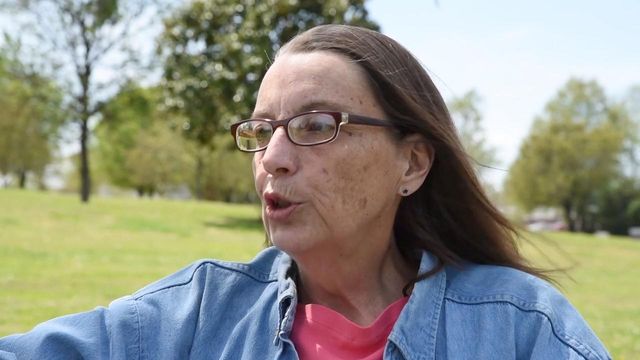Report: NC prosecutors sometimes push for death penalty in flimsy cases
The Center for Death Penalty Litigation has identified 56 cases from 1989 to 2015 in which prosecutors threatened to pursue a capital case but the charges were dropped or the defendant was acquitted.
Posted — UpdatedThe center studied 56 cases from 1989 to 2015 in which the death penalty was threatened as a potential punishment, but the charges were either dropped or the person charged was acquitted at trial. The results suggest that prosecutors sometimes use the threat of the state's most severe penalty when their evidence is the weakest, said Gerda Stein, a spokeswoman for the center.
"They believe they have the right person," Stein said. "The problem is, they don't have enough evidence."
The center's report suggests the death penalty is used to bully defendants into accepting plea deals or to extract confessions from witnesses.
Less well known are cases like that of Leslie Lincoln, who was accused of her mother's 2002 murder. She was implicated in part by faulty DNA evidence. Ultimately, she was found not guilty at trial, but she struggled with the aftermath of spending three years in jail and another two years on house arrest. She lost her job, savings and home and suffered from anxiety and depression after the acquittal, according to the report.
"In addition to leaving many in financial ruin, the state does not even do these exonorees the favor of clearing their criminal histories. They must request a court order to expunge their criminal records, an expensive and lengthy process. Those who were already living at the margins of society often struggled to find jobs, and some fell into homelessness after they were released from jail," the report says.
The center distributed embargoed copies of its report last week. One of those who reviewed a copy was former Supreme Court Justice Bob Orr, who says he does not oppose the death penalty but is troubled by its uneven application.
"I think one of the points the report stresses is the leverage that comes with trying somebody and potentially pursuing the death penalty," Orr said. "It is sometimes the weakest cases, the ones where you don't have the strong evidence, that there seems to be an inclination to try to move forward with the death penalty."
The report doesn't suggest specific fixes to the issue. The center is one of a number of groups that has argued for the elimination of the death penalty altogether.
Orr said that, if the state is going to continue having capital punishment, it needs to do more to ensure a fair system. Both prosecutors and the defense attorneys for indigent defendants need better funding, he said, and he suggested the state ought to somehow centralize the decision on whether the death penalty is pursued, taking it out of the hands of prosecutors who might use the threat of capital punishment as tactical leverage.
"That would make for a fairer, more even-handed, dispassionate decision-making process," he said.
Related Topics
• Credits
Copyright 2024 by Capitol Broadcasting Company. All rights reserved. This material may not be published, broadcast, rewritten or redistributed.






